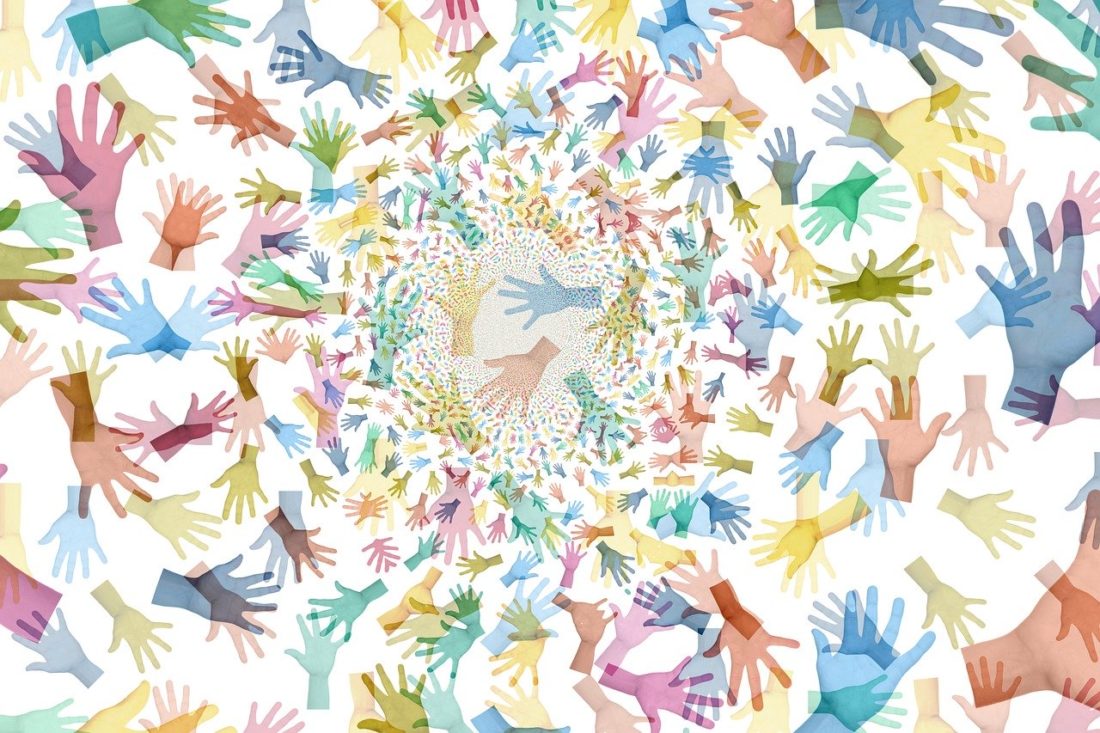
Carl Agers is the Executive Vice President of Strategy at Hero Digital, a leading independent customer experience company named one of Adweek’s Fastest Growing Agencies. The company has created a Covid-19 Hub to examine consumer truths and shifts in mindsets during a global pandemic.
What word would you use to describe digital marketing today?
Disrupted. Virtually every company must rethink their marketing plans, and for many, they have had to make a significant pivot overnight. From campaign strategy to internal operations, brands are changing directions and priorities, with the target moving daily.
Hero recently published a consumer survey on how new habits and behavioral shifts could impact our attitudes and beliefs long after Covid-19 eases up. Can you talk about some of the key findings and what, if anything, surprised you?
I think one of the key insights the survey indicates is how adaptable we are. By and large, consumers quickly adjusted their lifestyles. While the use of some technologies has languished for years without getting traction, they have been adopted virtually overnight. People that would never have dreamed of online grocery shopping now say they will continue to use services after the pandemic.
Some surprises are the number of people (almost 25%) that report they are working more hours from home than less. For many business leaders, their top concerns have been around productivity, and in some industries, there has been a slight increase. Lastly, the data indicates the importance of authenticity, community, and trust to meet customer expectations. Consumers will continue to reward brands that demonstrate their appreciation of and respect for their customers and their communities, which will likely continue well beyond the pandemic.
Interactions between businesses and consumers are rapidly changing due to the pandemic, and brand trust is more important than ever. How can companies best incorporate nimble marketing to adapt to evolving customer expectations?
Listen better and continuously. Consumers’ lives, dreams, cares, wants and needs evolve daily. Successful companies are those that listen well and respond by providing what their consumers value. Brands should create a platform that underpins their values but allows for micro and highly personalized experiences.
For example, an insurance company’s core value may be loyalty or integrity. That is an anchoring platform. It may manifest by segmenting their audiences and demonstrating to a young family what loyalty means to them by helping them plan through unknown circumstances. It’s not about selling a new product today as much as maintaining that relationship and planning for longevity.
What are some of the ways that your clients today are building their brand trust? What do you see as the most successful efforts, and how will user-generated content figure into that?
We have clients that redirected many resources from marketing their products and services to creating resources and tools for their customers and their customers’ customers to navigate this new normal. It has created an original purpose for their brands in the minds of their customers. They have increased their credibility as a corporate citizen in the process.
Hero has worked with a broad spectrum of clients, from healthcare to nonprofits to high tech. What industries do you see as being most impacted by Covid-19 in terms of marketing and messaging?
Since the sectors with the most negative impact are well documented, I’d prefer to focus on those with more positive impact. Our technology, healthcare, and financial services have, by and large, been doing well. Shifting from traditional offices to working from home has increased opportunities for technology companies from cloud solution providers and networking to security and hardware.
Healthcare, of course, is a double-edged sword. In profoundly affected areas, operations were overcome with the virus. However, the need to serve other patients didn’t disappear, and it forced an acceleration of the adoption of technologies, like e-health visits.
One of our clients said, “COVID is the Amazon moment for healthcare.” In other words, the industry changed overnight, and it’s not likely to go back. Data, AI, machine learning and other technologies are booming and will continue to as healthcare and financial services companies pivot to new customer expectations.
How do you work with clients to deliver compelling stories across the digital ecosystem that will connect and resonate with different audiences?
We believe the most compelling stories are those that are authentic. We work with clients to bring the voices and perspectives of their customers into the process. The best stories are ones which people identify with on a human level. Whether it is a consumer or a business audience, emotion and logic are always interwoven, albeit at different levels depending on the subject. The brands that succeed in telling these stories master their understanding of those dynamics.
The days of considering a marketing message with a narrative as storytelling are long over. Now the story is the message.
How can stories be customized across social platforms and channels, not to mention smart devices, while still keeping the same core messaging?
Great question. It’s important to design the stories around all the different ways they will be consumed upfront. It’s too difficult to adapt stories and content to meet customer expectations after the fact. So we create an experience map or blueprint that depicts the different ways, times and mental-models people will use when encountering a story. From there, we determine what is needed to make that moment memorable, useful and informative and then work our way back to defining the assets required. These interactions are connected and orchestrated organically, so the experience must be as well.
Where do you see the customer experience growing in the next few years, and what new technologies/content strategies will have the most impact? What are some of the main disruptors to this human experience?
Picking up on the previous question, we have to think about the complete customer experience and not the User Experience or User Interface of a discrete point. When we do that, we start to see how the whole ecosystem works together. It also forces us to consider new and emerging experiences, such as voice and gestures. While voice has been around for a while now, it’s still in its infancy. Brands are beginning to understand the power of it and as they do, they will create experiences where voice is more immersive and truly conversational.
This will extend into other environments such as vehicles, reimagined retail and service branches. Winning brands will be those that make those experiences as frictionless and native as possible. The use of Artificial Intelligence and Machine Learning will allow brands to increasingly anticipate customer expectations and deliver content and stories the way they best consume and engage individually.
To learn more about Hero Digital, visit their website, and follow them on LinkedIn and Twitter at @HeroDigitalHQ.
Feature image by Gerd Altmann from Pixabay
